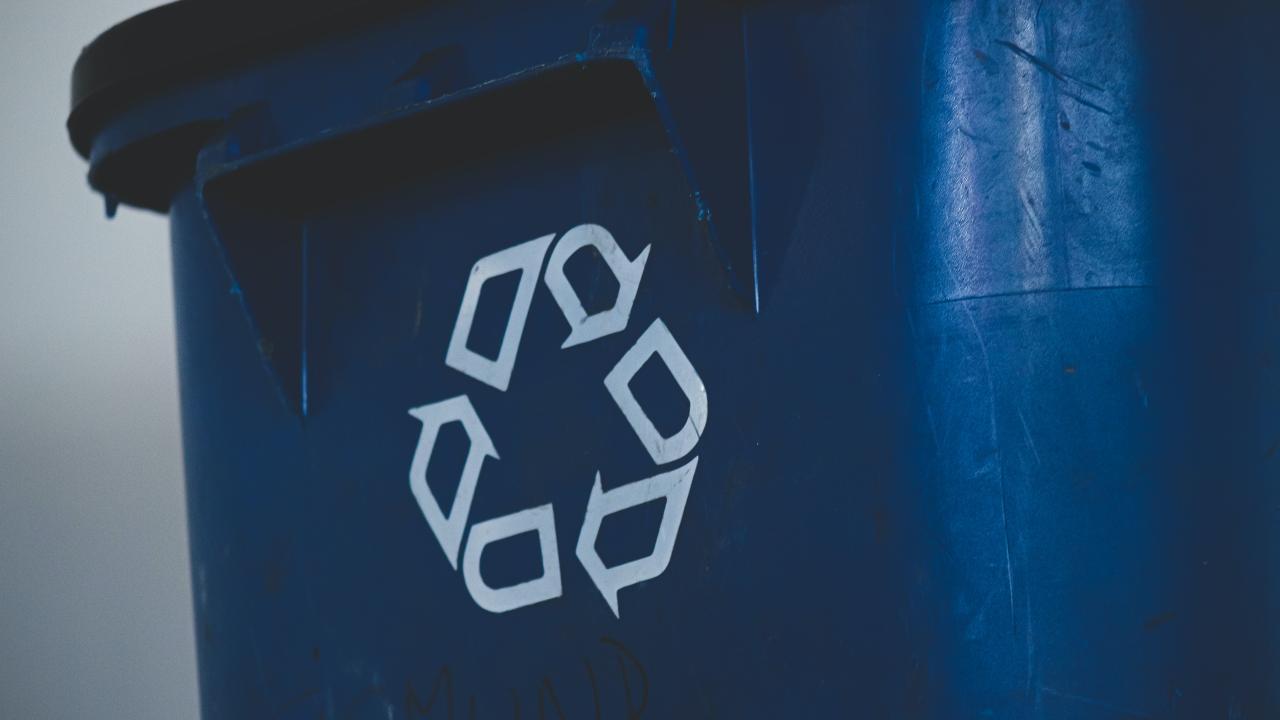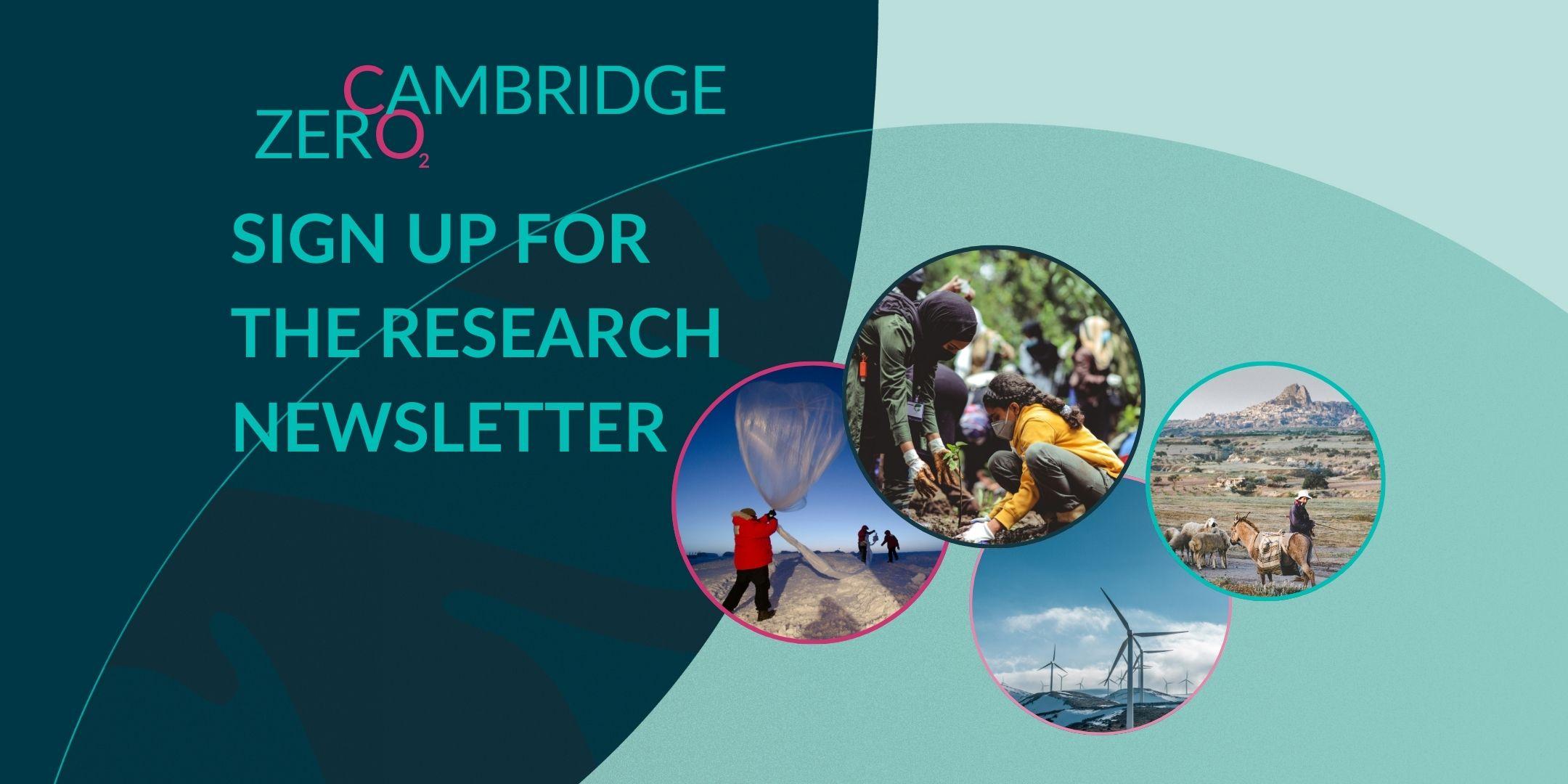Earthworms, algae farming, tracking waste via GPS and making water-resistant cellulose packaging were some of the innovative ideas discussed at a Cambridge Zero workshop aimed at improving the circular economy and managing waste.
The Cambridge Zero Workshop on the Circular Economy and Waste gathered 40 researchers from across 22 departments, colleges or institutes at the University of Cambridge to promote discussion and identify research opportunities.
The workshop, supported by NERC Discovery Science funding, featured four speakers and included three breakout sessions on governance, technology and nature-based solutions.
“Waste and the circular economy have to play a key part of any strategy for tackling climate change, preserving nature and reducing emissions,” said Cambridge Zero Director of Research Strategy & Programmes Dr Simon Buckle.
Professor Charlotte Lemanski, Department of Geography spoke about waste management in South African townships, highlighting the need for innovative solutions in low-income areas where waste management is often inadequate.
Dr Samsurin Welch, Associate at the Circular Economy Centre, Judge Business School, discussed business models and the role of digitization in monetizing the circular economy, emphasizing the importance of technology in driving change.
Professor Jaideep Prabhu, also from the Judge Business School, explored the topic of frugal innovation and presented examples of products that had been successfully brought to market at a fraction of the cost of their mainstream commercial equivalents.
Isobel Cohen, Senior Associate Director at CUDAR and Cambridge Zero, spoke about philanthropic funding opportunities for researchers.
The workshop also included three breakout discussions.
A Governance and Policy discussion considered the carrot vs. stick approach to governance and policy and pondered the use of Global Positioning Systems (GPS) and Geographic Information Systems (GIS) to create waste tracking maps which could be used to assign accountability and provoke media and public policy responses.
The Role of Technology in Prevention and Solutions group tackled the need to change attitudes towards waste and seek new ways of measuring, tracking, and valuing waste using Radio Frequency Identification (RFID) tech and Proof of Stake (POS) blockchains.
Finally, a session on nature-based solutions focused on the commercialisation and scaling of earthworm and algae farming as well as making cellulose packaging water-resistant.
The workshop underlined the potential for Cambridge researchers to advance research and inspire future collaborations among departments and institutions in Cambridge in the effort to progress towards a more sustainable future.
Image from Unsplash: https://unsplash.com/photos/aI4RJ--Mw4I



